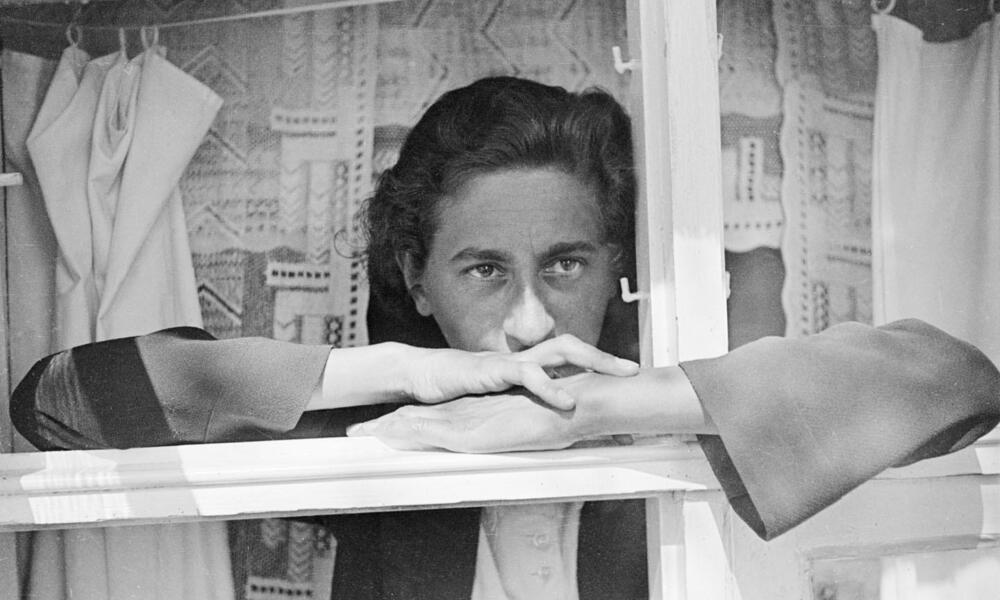Anni Albers, a key figure for modern art, has her own retrospective at the Kunstsammlung Nordrhein-Westfalen museum
At the Kunstsammlung Nordrhein-Westfalen museum in Düsseldorf, a retrospective of the German artist Anni Albers (1899-1994) occupies the halls. Born in Berlin, Albers was a multifaceted artist who established weaving as an art form and united this ancient cultural technology with modern artistic practices.

This retrospective exhibition offers deep insight into the achievement of the artist, craftswoman, designer, author, and teacher Anni Albers, from her beginnings at the innovative Bauhaus in Weimar and Dessau, to her time at the legendary Black Mountain College, and up until the 1980s.
A selection of works commissioned by architects testifies to her sustained interest in a dialogue between architecture and textile art. In addition, diverse materials, along with texts by Albers the author, illustrate the history and the possibilities of weaving while visualizing – with reference to pre-Columbian textiles from the collection of Josef and Anni Albers—her idea of woven thread as constituting a kind of universal language.
This encounter with the remarkable diversity of her achievement will inspire a renewed appreciation for Anni Albers’ singular contribution to modernism and her sustained influence on both art and design.
The exhibition was inaugurated on June 9 and will take place until September 9.


